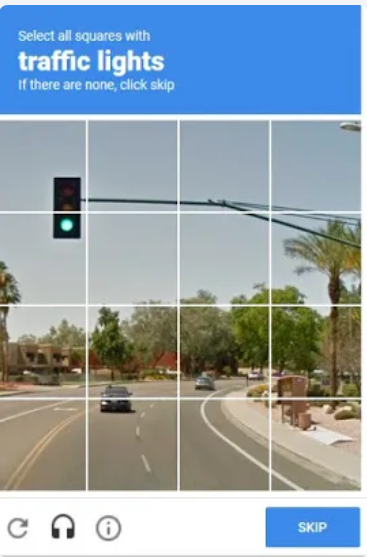- wait and see -- litigation,
 Machine learning requires human input and supervision initially. Several famous authors have sued, arguing that their work was used as training material without permission. Google has enlisted millions of unidentified users to unknowingly help train image recognition via Captcha. AI companies have also used Amazon's Mechanical Turk business to harness thousands of anonymous, low-paid workers in the service of tagging text for LLM learning. As more people become aware of how exploitive the creation of LLMs has been, more litigation is inevitable.
legislation, Italy temporarily banned ChatGPT ([1]), The EU plans to regulate AI [[2], and the US senate has recently held hearings that might lead to legislation [3]. Other countries are no doubt considering legislation as well., social and labor activism, The tremendous environmental, social, and economic cost of LLMs when measured against their still uncertain ROI might cause a market exodus, while fear of AI taking over "content creation" might lead to union-imposed constraints.
profit-taking Anthropic recently announced it is looking at a $50 a month paid version. ChatGPT has offered a $20 subscription version for some time now and just introduced an enterprise tier. Micro Soft is thinking, I read somewhere, of charging an extra $30 a month for its AI enhanced office suite. And yesterday Google announced an enterprise plan of $30 per person for AI in Gmail, Duet, and Google Workspace. Seems like the beta era is over and it remains to be seen how hobbled the free versions will be. or some combination may eventually wall off access
Machine learning requires human input and supervision initially. Several famous authors have sued, arguing that their work was used as training material without permission. Google has enlisted millions of unidentified users to unknowingly help train image recognition via Captcha. AI companies have also used Amazon's Mechanical Turk business to harness thousands of anonymous, low-paid workers in the service of tagging text for LLM learning. As more people become aware of how exploitive the creation of LLMs has been, more litigation is inevitable.
legislation, Italy temporarily banned ChatGPT ([1]), The EU plans to regulate AI [[2], and the US senate has recently held hearings that might lead to legislation [3]. Other countries are no doubt considering legislation as well., social and labor activism, The tremendous environmental, social, and economic cost of LLMs when measured against their still uncertain ROI might cause a market exodus, while fear of AI taking over "content creation" might lead to union-imposed constraints.
profit-taking Anthropic recently announced it is looking at a $50 a month paid version. ChatGPT has offered a $20 subscription version for some time now and just introduced an enterprise tier. Micro Soft is thinking, I read somewhere, of charging an extra $30 a month for its AI enhanced office suite. And yesterday Google announced an enterprise plan of $30 per person for AI in Gmail, Duet, and Google Workspace. Seems like the beta era is over and it remains to be seen how hobbled the free versions will be. or some combination may eventually wall off access
- return to in-class writing and resitation
- rely on algorithms to predict what percentage of an essay was computer-generated
New AI masking tools are arriving daily, undetectable.ai, for example. Detection, I believe, is a maladaptive strategy because it will fail often and distract us from what matters almost every time. Moreover, by discouraging students from learning how to use these tools ethically and appropriately, we will be hampering their career readiness because AI-enhanced writing processes are becoming the new norm. We are teachers, not gate-keepers.
- change the way we assign and evaluate writing (require students show their work -- document their writing process step by step) WAC has always advocated scaffolded assignments, where the final product can be demonstrated to have come out of consequtive smaller writing tasks -- notes, reflections, a post-mortem on the peice as they turn it in, and plans for change after recieving teacher feedback but before seeing their grade. The apparent outcome not being accepted as evidence of ability.
- create new writing processes that meld AI prompt-crafting with invention, revision, and editing.
